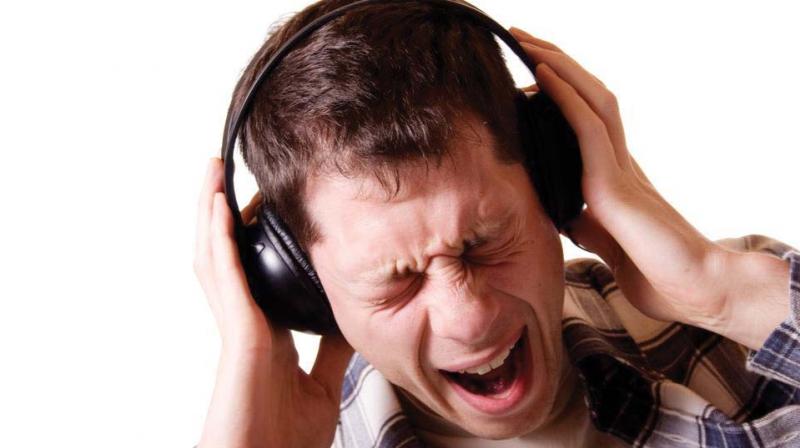Ebselen: Anti-oxidant drug that promises to fight hearing loss

Bengaluru: Bengaluru figures among cities with highest levels of noise pollution in the world. Various studies, including those conducted by the Karnataka State Pollution Control Board, have shown alarming rise in noise levels, particularly on busy roads like Mysuru Road.
The effect of the ambient noise, coupled with the increasing use of earphones by the young to listen to music has led to a rise in cases of noise induced hearing loss (NIHL) and Tinnitus, which is a continuous ringing noise in the ears.
Hearing loss, particularly Tinnitus, is a major medical challenge, with successful treatment with drugs still eluding the medical fraternity.
But now, hope may be at hand. American researchers claim that Ebselen, a promising anti-oxidant drug, may hold the answer.
Noise is now recognised as the most insidious of all types of pollution, and could be among the dangerous to health. Noise is the main cause of loss of hearing. But that is not all. Other major health effects are lack of concentration, irritation, fatigue, and headache, sleep disturbances, etc.
Among the worst sufferers are those working in professions exposed to the high levels of noise pollution, such as factory workers, transport workers, drivers and conductors of city transport buses, and traffic policemen. Dozens of studies by researchers have shown of high levels of industrial and ambient noise takes a toll on human health.
A study by Pushpa K., Girija B. and Veeraiah S. on ‘Effect of traffic noise on hearing in city drivers of Bengaluru’, and another ‘Study of Association between noise levels and stress in traffic policemen of Bengaluru City’ have amply demonstrated the effect on two of the most vulnerable sections.
And as for the effect of exposure of loud music, the study ‘Music exposure and hearing health education: A review of knowledge, attitude and behavior in adolescents and young adults’ by F. Zhao and others points out the alarming lack of awareness among music lovers about the insidious effects of listening to loud music, particularly through ear phones.
NIHL is the second most common form of acquired hearing loss after age-related loss, with studies showing that people who are exposed to noise levels higher than 85 db suffered from NIHL. One major effect of NIHL is the reduced glutathione peroxidase activity, in other words the production of the enzyme of that name which is essential to protect the organisms from oxidative damage, and there by arresting age-related stresses and illnesses.
An article in the latest edition of The Lancet by Jonathan Kil and others claims that Ebselen may have therapeutic effect on those affected by exposure to loud music.
The researchers conducted a clinical trial on healthy adults aged between 18 and 31 years. They were administered 200 mg, 400 mg, 600 mg of Ebselen, and placebo twice daily for four days.
After two days of the dosage, they were subjected to music for four hours of pre-recorded music a day, delivered by insert earphones. The effort to measure the Temporary Threshold Shift (TTS), which is a temporary shift in the auditory threshold. It may occur suddenly after exposure to a high level of noise, a situation in which most people experience reduced hearing. A temporary threshold shift results in temporary hearing loss.
The researchers found that TTS was 68 per cent less in the group that was administered 400 mg of Ebeselen-administered group, compared to the group given placebo. The 200 mg Ebselen group showed 21 per cent less TTS.
The researchers’ interpretation of the trial results was that a dosage of Ebselen twice a day was effective in preventing noise-induced TTS. The data, according to them supports the hypothesis of Glythione Peroxidase activity being heightened with Ebselen.

